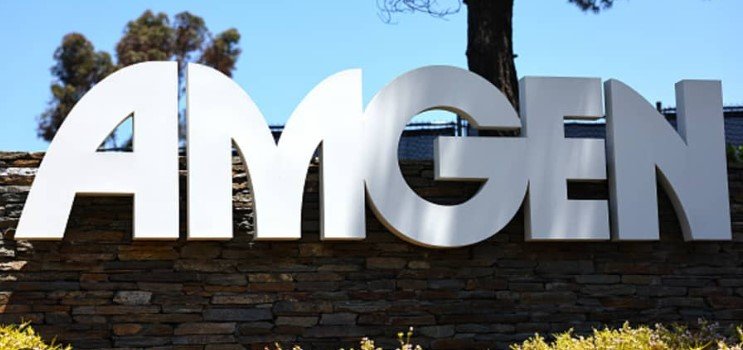The Federal Trade Commission (FTC) has filed a lawsuit to block the $27.8 billion deal between Amgen Inc. and Horizon Therapeutics plc, claiming that it would harm competition and consumers in the markets for drugs that treat thyroid eye disease and chronic refractory gout.

FTC Alleges Anticompetitive Effects of the Deal
The FTC alleges that the deal would allow Amgen to leverage its portfolio of blockbuster drugs to entrench the monopoly positions of Horizon’s two drugs, Tepezza and Krystexxa, which are the only approved treatments for thyroid eye disease and chronic refractory gout, respectively. These are serious conditions that affect millions of Americans and have no other effective therapies.
According to the FTC, Amgen has strong incentives to use rebates on its existing drugs to pressure insurance companies and pharmacy benefit managers (PBMs) to favor Tepezza and Krystexxa over potential competitors that may enter the market in the future. The FTC argues that this would raise barriers to entry and deter innovation in these markets, resulting in higher prices and reduced access for patients.
“Rampant consolidation in the pharmaceutical industry has given powerful companies a pass to exorbitantly hike prescription drug prices, deny patients access to more affordable generics, and hamstring innovation in life-saving markets,” said FTC Bureau of Competition Director Holly Vedova. “Today’s action — the FTC’s first challenge to a pharmaceutical merger in recent memory — sends a clear signal to the market: The FTC won’t hesitate to challenge mergers that enable pharmaceutical conglomerates to entrench their monopolies at the expense of consumers and fair competition.”
Amgen Defends the Deal as Pro-Competitive
Amgen announced its intention to acquire Horizon in December 2022, saying that the deal would create a leading biopharmaceutical company with a diversified portfolio of innovative medicines and a robust pipeline of new products. Amgen said that the deal would enhance its growth prospects and generate significant value for its shareholders.
Amgen also defended the deal as pro-competitive, saying that it would not reduce competition or harm consumers in any market. Amgen said that it does not compete with Horizon in any therapeutic area and that there are multiple potential competitors for Tepezza and Krystexxa in various stages of development.
“We are confident that our acquisition of Horizon is pro-competitive and will benefit patients,” said Robert A. Bradway, chairman and chief executive officer at Amgen. “We look forward to working with the FTC to demonstrate why this transaction is in the best interests of patients and should be allowed to proceed.”
What’s Next for the Deal?
The FTC filed its lawsuit in the U.S. District Court for the District of Columbia on Tuesday, seeking a preliminary injunction that would prevent Amgen from completing the deal until a full administrative trial on the merits of the case. The FTC said that it has authorized its staff to cooperate with state attorneys general who may also challenge the deal.
The deal is also subject to regulatory approvals in other jurisdictions, including the European Union, Canada, Australia, and Japan. Amgen said that it expects to close the deal in the first quarter of 2024, subject to customary closing conditions.
The deal is one of the largest pharmaceutical transactions announced in 2022 and reflects the ongoing consolidation trend in the industry. According to data from Refinitiv, global pharmaceutical mergers and acquisitions reached $271 billion in 2022, up 58% from 2021.
